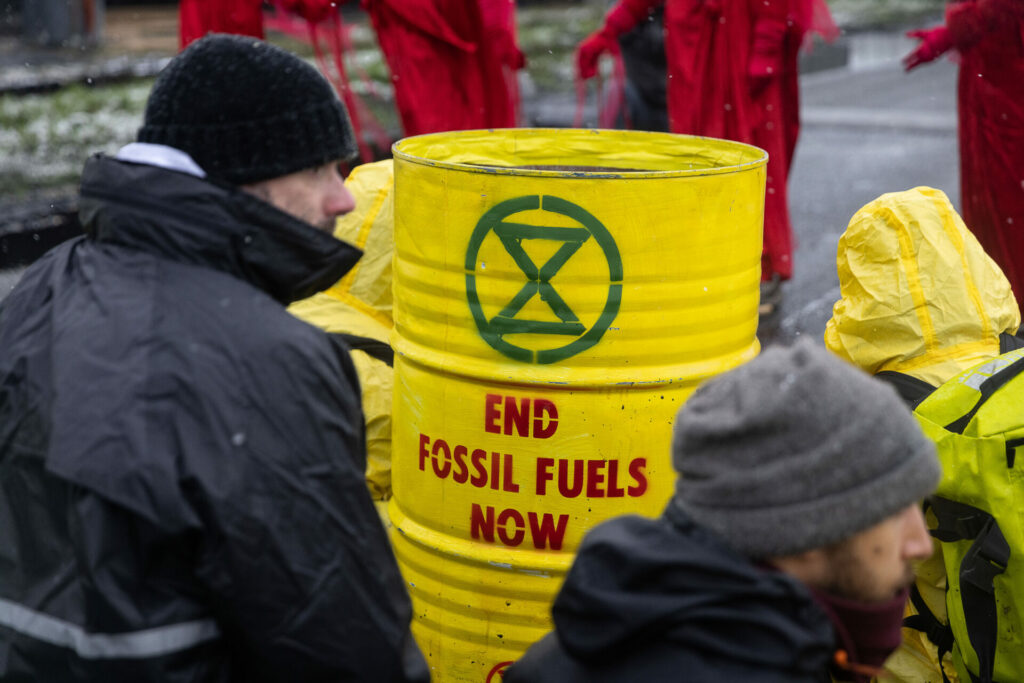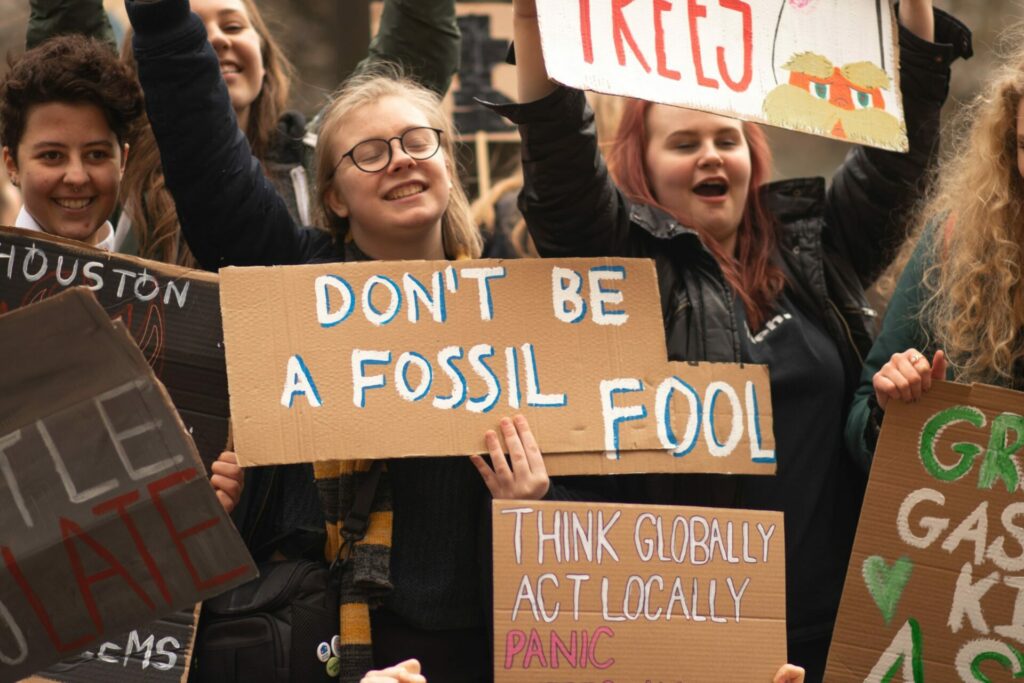A month after the failure of national governments to end their dependence on fossil fuels at the COP27 UN climate conference, the Brussels-Capital Region is joining the call for a Fossil Fuel Non-Proliferation Treaty, sending a strong message to EU leaders.
Launched two years ago, the Fossil Fuel Treaty is a proposal to complement the Paris Agreement and foster international cooperation to phase out oil, gas and coal production, responsible for more than 86% of CO2 emissions in the last decade.
"The objectives of the Paris Agreement can only be achieved if fossil fuels stay in the ground. We must accelerate the fossil fuel phase-out but also develop zero-emissions alternatives," said Brussels Minister for Climate Transition Alain Maron.
"That is why the Brussels-Capital Region joins the call for a Fossil Fuel Treaty. We have planned ambitious local actions to make the transition possible. A fossil fuel-free world is possible."
Global transition
Brussels will join a global movement of over 1,800 civil society organisations, 3,000 academics, 101 Nobel Laureates, hundreds of health institutions including the World Health Organisation (WHO), more than 70 cities and subnational governments, as well as two nation-states.
The resolution underlines that achieving the objectives of the Paris Agreement and the EU's commitment to achieving climate neutrality by 2050 must be accompanied by a shift from fossil fuels towards renewable energies.
This was stressed by the sixth assessment report of the IPCC (2021), which made clear that "major transitions in the energy sector" are essential and implied widespread electrification, energy savings and the use of alternative fuels.

Protest action led by Extinction Rebellion in Brussels. Credit: Belga/James Arthur Gekiere
At COP27, the island state of Vanuatu (in the South Pacific Ocean), supported by the coalition of island countries, asked the Conference of Parties for an international treaty on the non-proliferation of fossil fuels, to gradually eliminate the use of coal, oil and gas.
"The Brussels-Capital Region's support for the Fossil Fuel Non-Proliferation Treaty is a strong signal to Europe's leaders of the absolute imperative to live up to the energy and climate crises," said Richard Folland, who leads European political engagement for the Treaty. "A sustainable future for Europe and the world requires a just end to the global addiction to fossil fuels; Brussels is already on the way."
Brussels' regional government aims to move away from oil, gas and coal dependence, notably through the Air Climate Energy Plan. These policies contain key measures to accelerate the fossil fuel phase-out for buildings, heating, cooling and transportation by as early as 2025, and a final phase-out by 2035 for mobility.
Related News
- COP15: What Belgium needs to do to stop and reverse biodiversity loss by 2030
- EU greenhouse gas emissions fell 22% in 2021 compared to 2008
As the headquarters of the EU, the city's support for a Fossil Fuel Non-Proliferation Treaty is a direct response to the recent resolution by the European Parliament calling on nation-states to "work towards a fossil fuel non-proliferation treaty."
"We are seeing a dangerous trend in the European dash for African gas to satisfy its short-term energy demand," said Seble Samuel, Cities Lead for the Fossil Fuel Treaty campaign. "By endorsing the Fossil Fuel Treaty, Brussels takes a stand against deepening the fossil fuel economy. Its support makes clear that the only possible way forward is a global just transition off fossil fuels."

